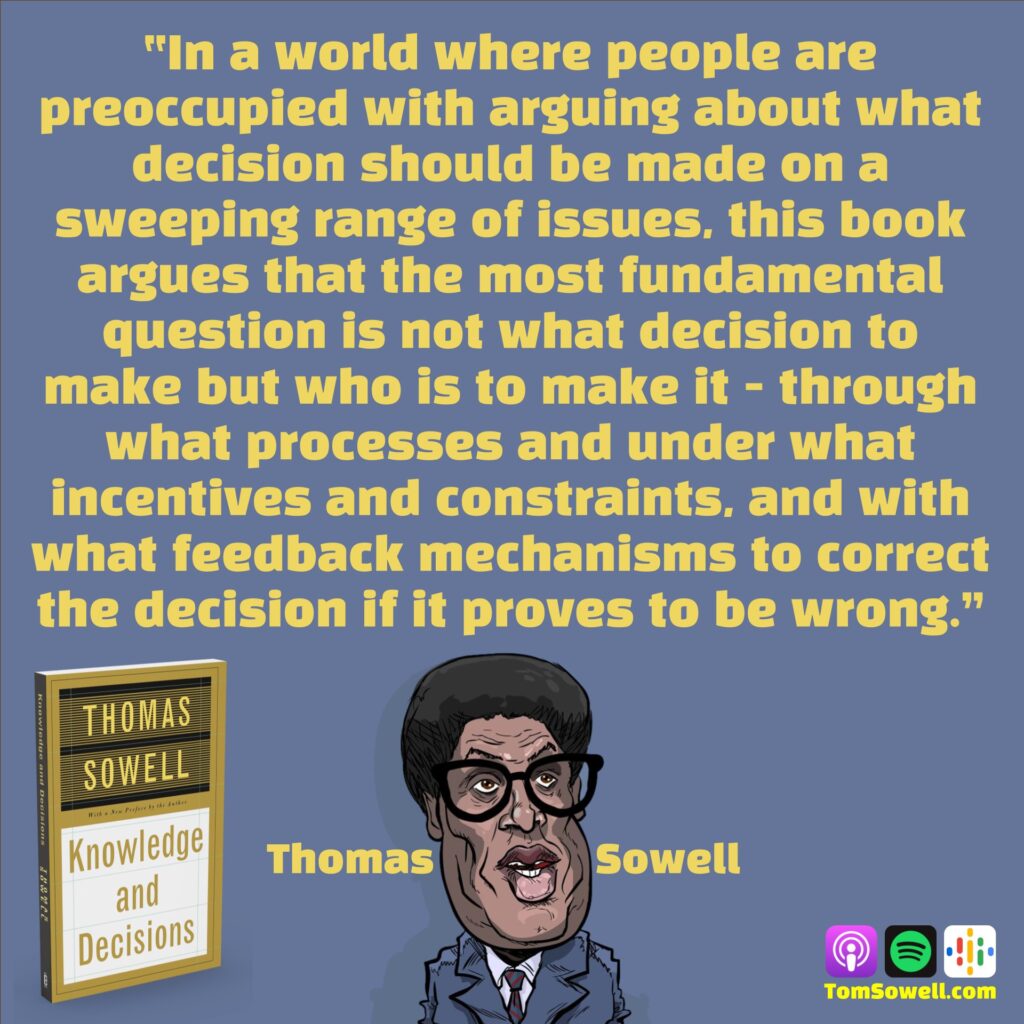In this episode of the Kyle Anone Show, we unpack the narratives being crafted by officials in the waning days of the Biden administration. Jade Sullivan’s recent interview with Ian Bremmer reveals surprising developments in the Middle East that have shaped our understanding over the past year.
We explore how Israel has reestablished dominance and examine critical shifts involving Iran and Syria. However, amidst these discussions, it’s crucial to address what’s often overlooked: the devastating impact on Palestinian lives due to U.S.-backed actions. Join us as we unpack these complex issues and their implications for global politics.













